Pioneering fish welfare in pragmatic collaboration with farmers.
How they help animals
Fish Welfare Initiative (FWI) is one of the first charities dedicated to improving the welfare of the world's hundreds of billions of farmed fish. Despite the massive scale of fish farming, almost no attention has been paid to the welfare of these animals. FWI is changing perceptions and behaviors by working directly with fish farmers to implement practical improvements. Already FWI’s work has made a real difference in the lives of more than 4.5 million fish.
Direct partnerships with farmers through their Alliance for Responsible Aquaculture in India, where farmers commit to maintaining better water quality and lower stocking densities.
Expansion into key regions like China (home to 65% of the world's farmed fish) and the Philippines, where rapid industry growth has outpaced welfare considerations.
Research and development to uncover more effective ways to reduce the suffering of fish, including using satellite imagery and machine learning to monitor water quality across large areas.
Why support them
Addressing extreme neglect: Despite the fact that more fish are farmed than all other land animals combined, fish welfare receives only a tiny fraction of animal advocacy resources. Your support helps correct this imbalance.
Exceptional cost-effectiveness: FWI can create life-changing welfare improvements for a fish for as little as one dollar. Their Alliance for Responsible Aquaculture (ARA) farm program helps an amazing 10 fish per dollar.
Proven transparency: FWI publishes detailed information about their finances, performance against internal targets, estimated number of fish helped, and even team culture surveys —allowing donors to verify their effectiveness.
Building better systems for the future: By supporting FWI through FarmKind, you're not only reducing suffering for today's farmed fish but also helping develop better systems so tomorrow's farmed fish can live much better lives.
Hear from a donor
David Roberts
Founder of Proper Pet Care, FarmKind donor
"I've seen overwhelming evidence that fish feel pain, but the budget for their welfare is very underwhelming – especially since there are billions more fish in factory farms then all other livestock and pets combined! I support FWI because they’re one of the first organizations working exclusively to help them”
-
1. Water quality improvements
FWI's Alliance for Responsible Aquaculture program in India (the world's 3rd largest seafood producer), creates a voluntary alliance of local farmers committed to maintaining specific water quality standards.
Poor water quality is the biggest welfare issue facing farmed fish. Swimming in these contaminated waters is comparable to breathing in hazardous, oxygen-depleted air from our most polluted cities. This is the reality for billions of farmed fish, but FWI is changing it by teaching farmers practical techniques to improve water conditions.
Currently, over 120 farmers have joined the alliance, collectively caring for approximately 5.8 million fish at any given time.
2. Improving welfare through stocking density limits
When joining the ARA, farmers commit to reducing their stocking densities to acceptable limits based on available, welfare-related research. Stocking density limits are a crucial aspect of fish welfare because overcrowding not only restricts natural behaviors but also degrades water quality and increases disease risk.
FWI maintains strict standards in their measurement to ensure that they only count ‘fish helped’ when stocking density has been reduced by at least 20%. This commitment to rigorous verification ensures that their reported impact numbers reflect real improvements in fish welfare.
3. Improving water quality management
FWI has identified poor water quality as one of the most significant welfare problems for fish on Indian farms. Many farmers lack the knowledge or equipment to conduct adequate water quality assessments, leaving fish to suffer in unsuitable conditions that can cause chronic stress, illness, and premature death.
To address this, ARA staff make regular farm visits to test critical water parameters like dissolved oxygen, temperature, and pH levels. When measurements fall outside acceptable ranges, the team works directly with farmers to implement corrective actions — such as turning on aerators to increase oxygen levels or adjusting feeding practices to improve water chemistry.
This systematic process of detection, correction, and verification has already resulted in nearly 1,300 instances of improved water quality, with successful implementation in 90% of cases.
-
Addressing extreme neglect: Despite the fact that more fish are farmed than all other land animals combined, fish welfare receives only a tiny fraction of animal advocacy resources. Your support helps correct this imbalance.
Exceptional cost-effectiveness: FWI can create life-changing welfare improvements for a fish for as little as one dollar. Their Alliance for Responsible Aquaculture (ARA) farm program helps an amazing 10 fish per dollar.
Proven transparency: FWI publishes detailed information about their finances, performance against internal targets, estimated number of fish helped, and even team culture surveys—allowing donors to verify their effectiveness.
Building better systems for the future: By supporting FWI through FarmKind, you're not only reducing suffering for today's farmed fish but also helping develop better systems so tomorrow's farmed fish can live much better lives.
Most of the FWI India team at a strategy retreat.















